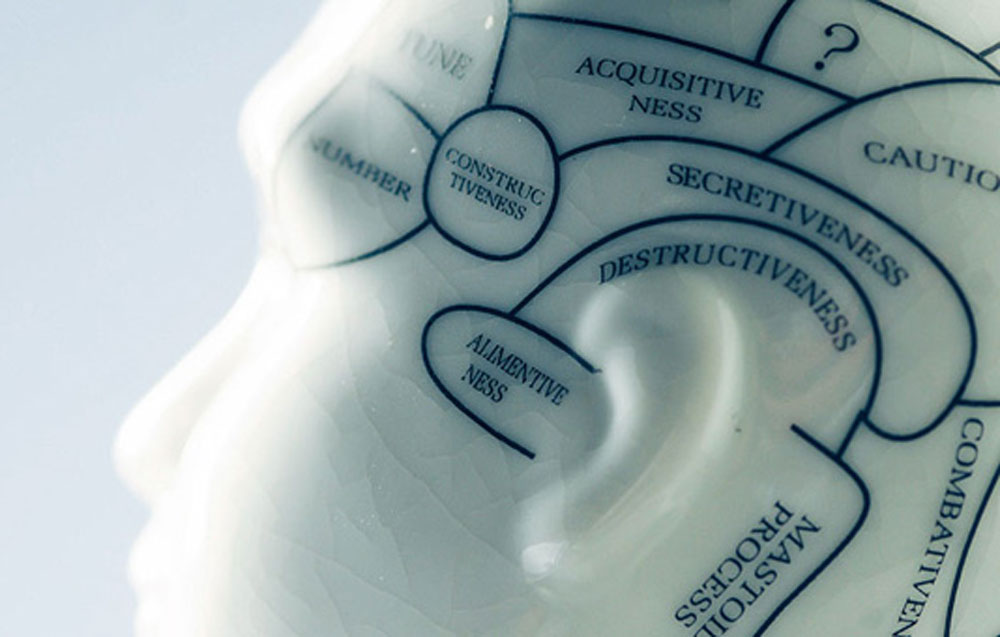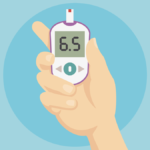Among patients with post-traumatic stress disorder, cortisol, a stress hormone, is thought to be a significant contributing factor in the regulation of memory processes.
In a recent study by a team of Swiss researchers at the University of Basel, DNA methylation of a number of participants affected with PTSD was assessed. Of the participants, 463 were survivors of an African-based civil war while 350 others were impacted by genocide in East Africa. The study appeared in the journal PNAS.
“In the current work, de Quervain’s researchers took a closer look at the genes involved in the transmission of signals from cortisol,” according to the study’s co-authors. “They determine how strongly these genes are chemically regulated by so-called methyl groups on the genetic material DNA.”
For all of the participants, researchers were able to determine that stronger regulation of the NTRK2 gene was associated with a lower risk of developing PTSD. NTRK2 is tied to memory formation and stronger regulation of this led to a decrease in traumatic memories.
“DNA methylation on the NTRK2 gene – is also related to memory in a control group of 568 non-traumatized people. People with a higher degree of methylation of this gene were unable to remember images they had seen before,” the study reads. “In addition, during the memory tests they showed altered brain activity in the regions that are important for remembering.”
“The results suggest that increased regulation of the NTRK2 gene reduces memory formation,” the co-authors concluded.
The study was led by Andreas Papassotiropoulos, Dominique de Quervian; and also authored by Vanja Vukojevic, David Coynel, Navid Reza Ghaffari, Virginie Freytag, Thomas Elbert, Iris-Tatjana Kolassa, Sarah Wilkeri, and James McGaugh.


